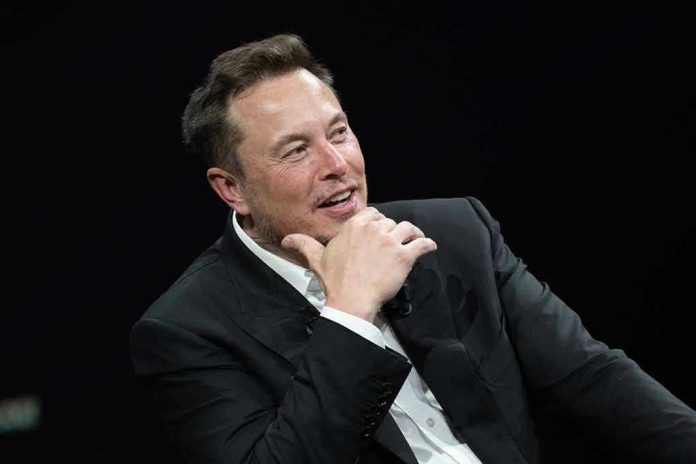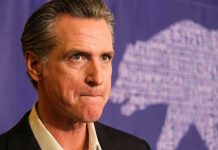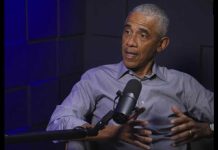
Elon Musk’s $1 million-a-day giveaway, pitched as a pro-Constitution initiative, has triggered a federal lawsuit that could reshape the rules on billionaire influence in American elections.
Story Highlights
- A federal judge ruled Elon Musk must face a lawsuit alleging his $1 million-a-day petition giveaway was an illegal election lottery.
- The lawsuit, filed by voters and a Wisconsin watchdog group, claims Musk’s campaign manipulated political participation with massive cash incentives.
- This case raises new questions about the boundaries between civic engagement and unlawful inducements, especially when driven by tech billionaires.
- A court decision could set precedent for how wealthy individuals and corporations can legally interact with the U.S. political process.
Federal Judge Allows Lawsuit Against Musk to Proceed
On August 20, 2025, a federal judge ruled that Elon Musk must face a lawsuit brought by voters who accuse him of running an illegal lottery tied to a pro-Constitution petition campaign. The lawsuit centers on Musk’s promise of a $1 million-a-day giveaway as an incentive for signing the petition, with plaintiffs arguing this constituted both voter manipulation and a violation of election law. The court found the claim plausible, allowing the case to advance and drawing national attention to the intersection of philanthropy, law, and electoral ethics.
The legal action originated in Wisconsin, where a government watchdog group filed suit on June 11, 2025, seeking to halt Musk’s cash giveaways to voters. The plaintiffs allege that Musk’s approach blurred the line between civic engagement and inducement, potentially undermining the integrity of the electoral process. Musk’s attorneys have yet to issue a public statement, and Musk himself has remained silent following the judge’s decision, fueling speculation and debate in both legal and political circles.
Laws and Principles at Stake: Election Integrity vs. Wealthy Influence
U.S. law strictly prohibits offering monetary incentives to influence voting or political participation, reflecting a longstanding commitment to electoral integrity and the prevention of bribery. The scale of Musk’s alleged $1 million-a-day giveaway is unprecedented, far surpassing previous campaigns that offered comparatively minor inducements like gift cards or tickets. Experts note that the outcome of this lawsuit could set a powerful precedent, either reinforcing or redefining the legal boundaries for high-profile civic campaigns driven by wealthy individuals or corporations.
Legal scholars emphasize that while promoting civic engagement is a worthy goal, tying it to massive cash prizes risks eroding public trust and tilting the playing field toward those with the deepest pockets. The judiciary’s ultimate decision will determine not only Musk’s liability but also the future landscape for politically motivated philanthropy, campaign finance, and billionaire activism in American democracy.
Broader Implications and Conservative Concerns
The Musk lawsuit has intensified conservative anxieties about the growing influence of tech billionaires in U.S. politics, echoing past frustrations with perceived leftist overreach and manipulation. Many see the case as a crucial defense of constitutional principles and fair elections, fearing that unchecked financial incentives could open the door to further erosion of traditional values and the rule of law. If courts permit such large-scale inducements, it may encourage future attempts to sway political participation through wealth, undermining both conservative and bipartisan efforts to maintain electoral fairness.
Musk Ordered to Face Lawsuit for $1 Million Election Lottery | https://t.co/mySe13jm4L. More witch hunt b*llsh*t. https://t.co/0CtOvfXMIP
— Leslie Napolitano (@LeslieNapolita8) August 21, 2025
Short-term, the case places Musk’s political activities and philanthropic campaigns under a microscope, with the risk of financial penalties and lasting reputational damage if found liable. Long-term, a ruling in favor of the plaintiffs could spark new legislative or regulatory measures tightening controls on campaign incentives, while a ruling for Musk could embolden billionaires across the political spectrum to test the limits of election law. The ongoing debate reflects broader concerns about the balance between encouraging civic engagement and protecting the integrity of democratic processes in an era of unprecedented private wealth and influence.
Sources:
Elon Musk Ordered to Face Lawsuit Over Alleged $1 Million Election Lottery Fraud
Elon Musk must face lawsuit claiming he ran illegal $1 million election lottery
Musk faces lawsuit for allegedly duping voters over $1 million election lottery
Wisconsin lawsuit seeks to ban Musk from offering cash payments to voters













